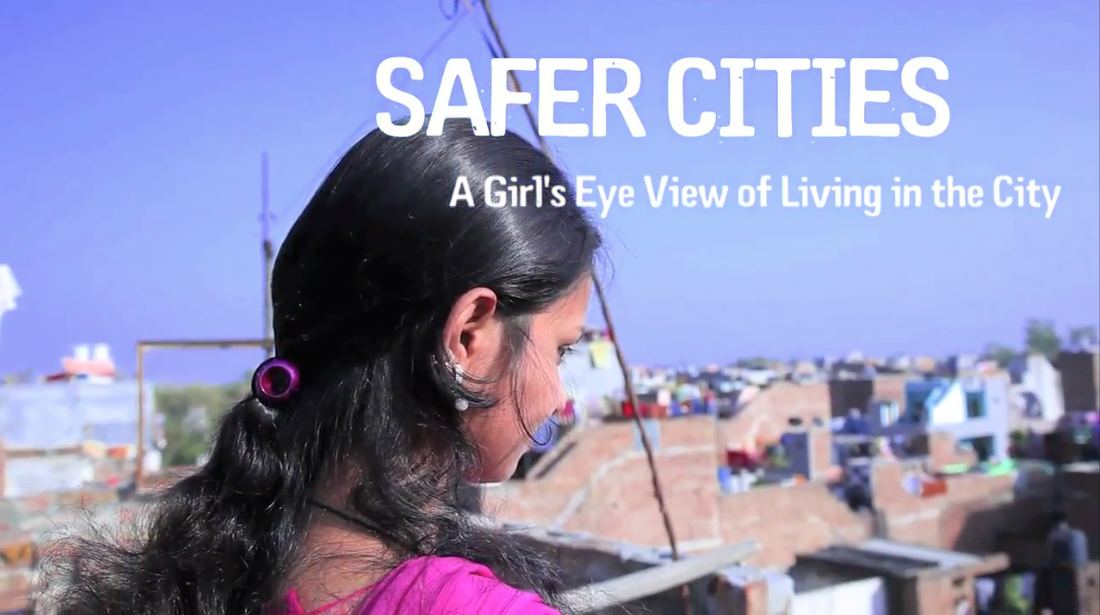Curriculum Guide:
|
Step 1: Understanding SustainabilitySustainability:
Everything that we need for our survival and well-being depends, either directly or indirectly, on our natural environment. Sustainability creates and maintains the conditions under which humans and nature can exist in productive harmony, that permit fulfilling the social, economic and other requirements of present and future generations. The 3 E's of Sustainability: Environment (Nature), Economics (Money), Equality (Social) It takes all three of these concepts working together to create high quality of life for all people for all generations. Sustainability Topics: There are many topics that can be used, however we use the following topics to teach human, physical & cultural geography: Water, Agriculture, Urbanization, Energy, Disaster Resilience Connecting students to the past through these topics - Early Humans: Nomadic lifestyle to Agrarian lifestyle - the 1st Agricultural Revolution Humans settled near water ---> started farming ---> gave people TIME (Specialization) ---> build cities ---> energy advancements ---> disaster resilience Step 2: Context & Perception(This PowerPoint Presentation was created by the late Dr. Ralph Brown, one of the best human beings who I have ever had the privilege of meeting and an amazingly brilliant sociologist.
In Context & Perception it is critical to understand that physical geography is directly related to human/cultural geography. (Mapping skills, 5 themes of geography, etc.) The "Whyness of Whereness" -Mr. Donell Willey |
Step 3: Media LiteracyMemorization and regurgitation is no longer a necessary skill for the 21st Century. We have access to an infant amount of information at our finger tips, I make the argument that it is more important for students to analyze information rather than memorize the information.
5 Concepts of Media Literacy according to the Media Literacy Center 5 Key Questions of Media Literacy Who created this message? What creative techniques are used to attract my attention? How might different people understand this message differently than me? What values, lifestyles and points of view are represented in, or omitted from, this message? Why is this message being sent? Five Core Concepts All media messages are ‘constructed.’ Media messages are constructed using a creative language with its own rules. Different people experience the same media message differently. Media have embedded values and points of view. Most media messages are organized to gain profit and/or power. Media Literacy Lesson - Compare and Contrast media and propaganda in North Korea & South Korea Media Literacy Worksheet --- PBS Frontline Documentary: "Secret State of North Korea" Step 4: Global Competency MatrixCreated in collaboration with state social studies directors throughout the country in hopes of helping educators build a global perspectives based curriculum. Now the Teachers College: Columbia University, World Savvy, and Asia Society have teamed up to provide global competence certification.
|
Step 5: Incorporating physical geography - Human Environment Interaction
|
5 Themes of Geography - Map reading skills - Sun-Earth Relationship - Map your world
Teaching thematically with environmental sustainability topics |

